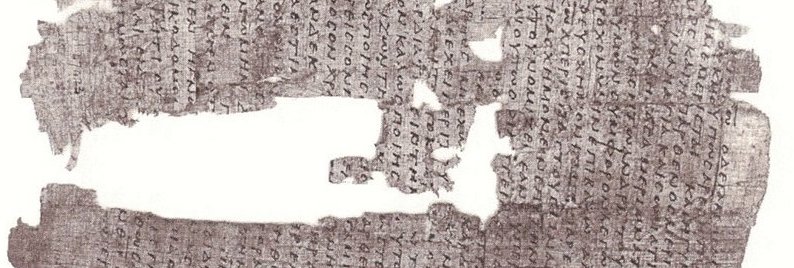Passage N 91 in “How Many of the 100 Most Famous Passages in Literature Can You Identify?” (LITERARY HUB, February 24, 2021) is from the Bible.
Love is patient, love is kind. It does not envy, it does not boast, it is not proud. It does not dishonor others, it is not self-seeking, it is not easily angered, it keeps no record of wrongs.
How Many of the 100 Most Famous Passages in Literature Can You Identify? LITERARY HUB
Corinthians 13 discusses the subject of love. The Greek agape refers to unconditional love, or the highest form of love. It is translated as charity in the King James Bible. Corinthians 13 also includes the famous words through a glass, darkly.
46:013:004 Charity suffereth long, and is kind; charity envieth not; charity vaunteth not itself, is not puffed up,
The King James Bible Literature of the Sacred 1611
46:013:005 Doth not behave itself unseemly, seeketh not her own, is not easily provoked, thinketh no evil;
46:013:006 Rejoiceth not in iniquity, but rejoiceth in the truth;
46:013:007 Beareth all things, believeth all things, hopeth all things, endureth all things.
46:013:008 Charity never faileth: but whether there be prophecies, they shall fail; whether there be tongues, they shall cease; whether there be knowledge, it shall vanish away.
46:013:009 For we know in part, and we prophesy in part.
46:013:010 But when that which is perfect is come, then that which is in part shall be done away.
46:013:011 When I was a child, I spake as a child, I understood as a child, I thought as a child: but when I became a man, I put away childish things. 46:013:012 For now we see through a glass, darkly; but then face to face: now I know in part; but then shall I know even as also I am known.
46:013:013 And now abideth faith, hope, charity, these three; but the greatest of these is charity.
